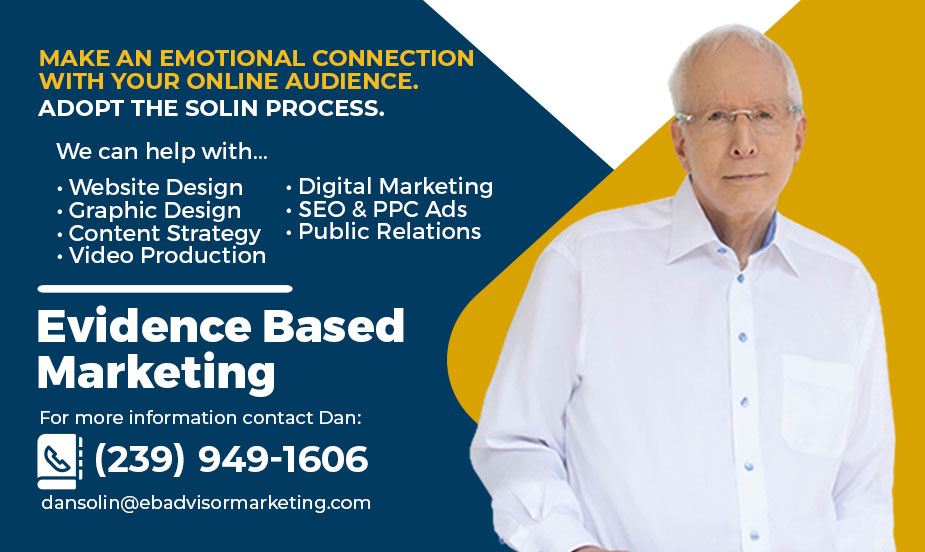
Recently, I received some bad news. Actually, it was more than one dose.
First, a prominent psychologist who had offered to “blurb” my new book told me he was just too pressed for time to read it before the deadline. It would have been newsworthy and helpful in promoting the book. I envisioned putting it on the front cover.
Then, a good friend contacted me. He told me he was “dead broke” and asked if I would be willing to participate in a rescue fund.
Both events were profoundly depressing.
I had worked hard getting the attention of the psychologist.
My friend is a very good, decent person. The thought of him having to organize a “rescue fund” was really sad.
My mood darkened. I couldn’t work. I sulked around our home and felt myself slipping into a depressed state.
Then I decided to do something about it.
Name it
I knew what was happening based on research I did for my book.
I was engaging in negativity bias. I immediately labeled both events.
Clinical psychologist Elisha Goldstein correctly observed: The moment we name it, we can approach it and work with it.
While the negative events were sad, I was giving them too much weight. Other prominent people had given me blurbs. The existing reviews of my book exceeded my expectations. Advance sales to advisors who were interested in co-branding were brisk.
The financial predicament of my friend was genuinely depressing. But he had many friends (like me) who were willing to help him get back on his feet, while he looked for employment.
Both events were sub-optimal. Yet each had aspects that could mitigate my negative reaction.
I felt better after doing this analysis.
Naming it really helped me “tame it.”
Gratitude
After naming what I was experiencing, I did something else that I’ve found very effective. I engaged in the practice of gratitude.
I made a mental note of all the things in my life that give me happiness. It’s a long list, starting with the fact that my wife and I are both healthy, active and productive.
Focusing on the positive is an effective antidote to the poison of negativity bias. It helps to “balance the scale” and prevents negatives from being viewed disproportionately.
The next time you are confronted with bad news, try these two effective responses.
Name it.
Practice gratitude.
It worked for me.

